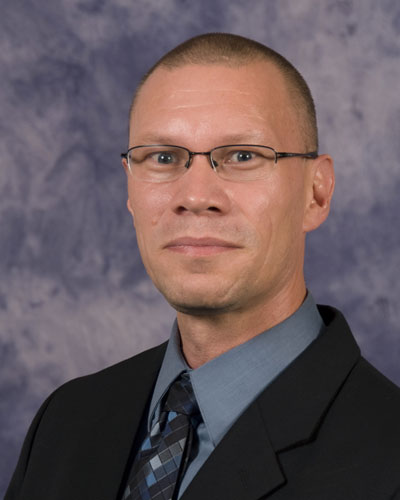Peace of Mind
- Also in TR Print Edition
- November 1, 2023
- 0
- 14 minutes read
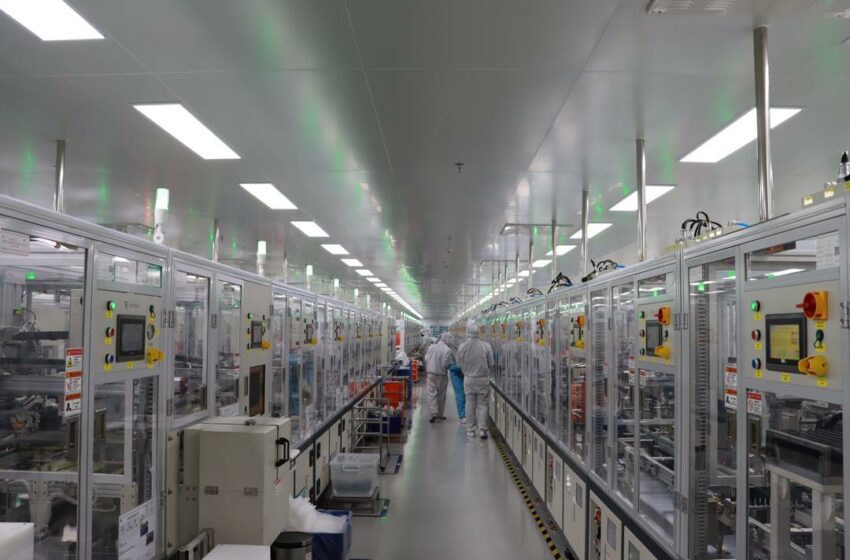
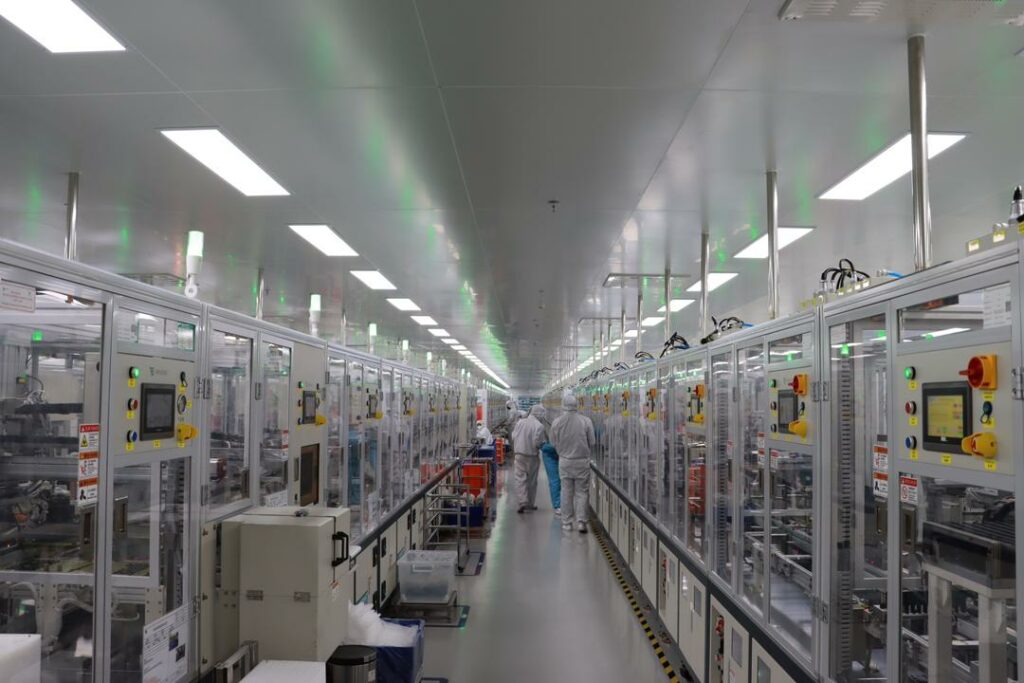
With its first overseas production facility, Smoore has boosted the resilience of its operations.
By Taco Tuinstra
The site that houses Smoore Technology Indonesia in Malang used to be a tobacco factory, but there is little to remind the visitor of its illustrious past. The rattling conveyors have fallen silent, the leaf scraps have been swept away and the sweet scent of clove tobacco has long dissipated, giving way to a serene, almost sterile environment.
Instead of the rumbling of cigarette-making machines, there is the hum of high-tech equipment. Sixteen automated production lines assemble, fill and pack e-liquid pods for the U.S. market, requiring only a minimum of human intervention. According to Smoore, the Indonesian facility is one of the most sophisticated and highly automated in the world.
Though Indonesian plant manufactures nicotine products like its predecessor, the new establishment looks more like a pharmaceutical lab than a factory, with medical-grade standards of hygiene. Entering the production floor requires hairnets and shoe coverings along with a mechanical “wind shower” to remove any contaminants from visitors’ clothing. In addition to a wastewater treatment facility, the compound has its own power generator; in case of a network failure, production can continue for at least 24 hours.
Considerate of the local culture—Indonesia is the world’s most populous Muslim-majority country—the Chinese firm has built multiple prayer rooms throughout the facility as well as a covered parking deck that can accommodate hundreds of motorcycles. Despite its high level of automation, the Indonesian affiliate employs thousands of local people, and two-wheelers remain by a large margin the most affordable and efficient vehicles for commuters to navigate the country’s bustling roads.
Ensuring Business Continuity
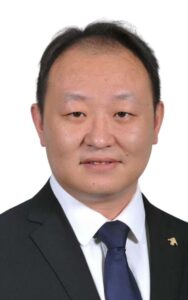
Touring the 60,000-square-meter facility (30,000 of which are covered), as Tobacco Reporter did in early October, it is hard to believe that a mere eight months passed between the time that Smoore’s head office in Shenzhen authorized the project and when the first product shipment left the factory in May 2022.
According to Clayton Shen, president director of Smoore Technology Indonesia, the new factory—Smoore’s first outside of its home country—is part of the company’s business continuity strategy, designed to strengthen the resilience of its global operations and guarantee customers uninterrupted supply regardless of geopolitics or other eventualities.
As the world’s leading atomization company with a global market share of almost 20 percent, according to Frost and Sullivan, Smoore already has a formidable manufacturing footprint in China, featuring multiple highly automated production lines. In light of recent global developments, however, the company considered it prudent to expand globally and supplement its Chinese base with an additional site.
While Smoore weathered the Covid-19 pandemic remarkably well, the crisis also exposed the risk of supplying customers worldwide from just one country. Travel restrictions disrupted global supply chains, causing shipping rates to skyrocket and containers to pile up in the wrong locations. China also locked down longer and more severely than many other countries, forcing suppliers to temporarily halt operations and leaving customers scrambling for their products.
Meanwhile, rising political tensions between China—the world’s largest supplier of vaping liquids and hardware—and the United States—the leading destination for such products—resulted in new trade barriers, with Beijing and Washington slapping each other with tit-for-tat tariffs. E-cigarettes and many other Chinese-made imports are now subject to a 25 percent duty in the U.S., saddling buyers with considerable nonvalue-added expenses.
Then, in April 2022, the State Tobacco Monopoly Administration, which had recently asserted jurisdiction over China’s rapidly growing vapor business, published new rules for e-cigarette manufacturing. While Smoore successfully applied for many of the newly required licenses, this development also gave pause to others planning to enter the industry.
Selecting a Site
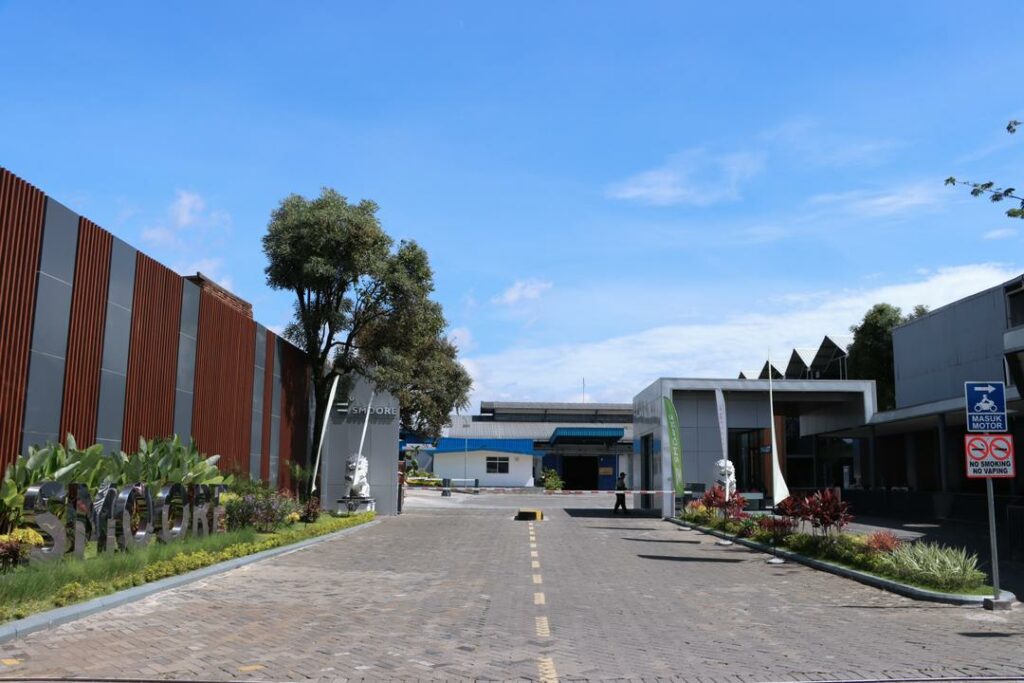
In July 2020, the company took its business public, raising more than US$1 billion on the Hong Kong Stock Exchange. The cash provided it with the confidence and financial flexibility to explore the possibility of strengthening its Chinese manufacturing base with a facility abroad.
The immediate question was: where? The United States and Europe are Smoore’s biggest markets, but those places are also far from China, where many of Smoore’s suppliers remain based. And their regulatory environments can be intimidating for players unfamiliar with the local laws.
Smoore decided to look closer to home, in Southeast Asia, which like China has a long tradition of manufacturing for exports. Industrial prowess was not the only criterion, however; Smoore also needed a location that was friendly to e-cigarettes. Thailand and Malaysia quickly disqualified as candidates because of their restrictions on vaping. Vietnam, by comparison, is a tolerant country for the nicotine business. It has a large domestic tobacco industry and a famously industrious workforce. However, the state requires foreign investors to not only team up with a local company but also give their Vietnamese partner a 51 percent stake in the business—an unappealing condition for Smoore.
So the choice fell on Indonesia. According to Shen, the country offers multiple advantages. For starters, it is amiable to the nicotine business—a rarity at a time when hostility is the norm in many countries. Indonesia is a major producer and consumer of tobacco products. In 2022, the country’s tobacco growers harvested 225.58 million kg of leaf, and its cigarette companies produced more than 330 billion sticks, according to the Ministry of Agriculture and the association of white cigarette producers in Indonesia, Gaprindo. The tobacco industry and its supporting sectors employ almost 6 million workers and contribute nearly 11 percent of the country’s total tax take. E-cigarettes and tobacco-heating products (THPs) have been making steady inroads in Indonesia, too, lately, especially in urban areas.
On top of that, Indonesia offers a conducive industrial environment for the e-cigarette business. The country is endowed with abundant natural resources, including nickel and copper, which are key materials in battery production. Keen to move beyond mineral extraction, the government has been pushing domestic production of power cells for electric vehicles and other applications.
The economic significance of tobacco to Indonesia means not only that the country welcomes new initiatives in the sector but also that it has a workforce accustomed to handling nicotine products. What’s more, Indonesia offers good logistics and a favorable investment climate. According to Shen, the latter factors are important because Smoore is keen to localize its supply chain as much as possible. Encouragingly, Indonesia’s business-friendly environment is expected to endure regardless of who wins next year’s presidential elections, as none of the candidates running for office appear inclined to reverse the policies that have allowed Indonesia to become one of the world’s fastest-growing economies.
Perhaps the only hesitation was the uncertainty of how Smoore, as a Chinese company, might be received in Indonesia, where throughout history there have been episodes of tensions between the Indonesian people and the country’s ethnic Chinese community. Smoore’s subsequent experience, however, demonstrated that people, regardless of their background, will generally treat you as well as you threat them: The company’s sincere effort to understand the local culture and respect local customs was reciprocated with fierce loyalty from a dedicated workforce. Local authorities, meanwhile, went out of their way to accommodate the investment. When Smoore inaugurated its facility in June 2022, Indonesia’s minister of investment attended as a guest of honor.
Remarkably, labor cost did not feature prominently in Smoore’s decision to set up shop in Indonesia. While an affordable payroll is a nice side benefit, according to Shen, the company’s focus on automation made the price of labor a less important consideration than it might have been for a less advanced player.
Smoore continues to enjoy a significant lead in this area, having set up its automation division in 2014, when manual production still prevailed in the sector. According to Shen, two developments accelerated automation—the debut of ceramic heating in 2016 and the U.S. premarket tobacco product application process. The first replaced the easily deformed wick with a more solid structure, which is easier to work with from a design perspective. The second made it cost-prohibitive to keep changing products for the all-important American market, resulting in a more predictable form factor.
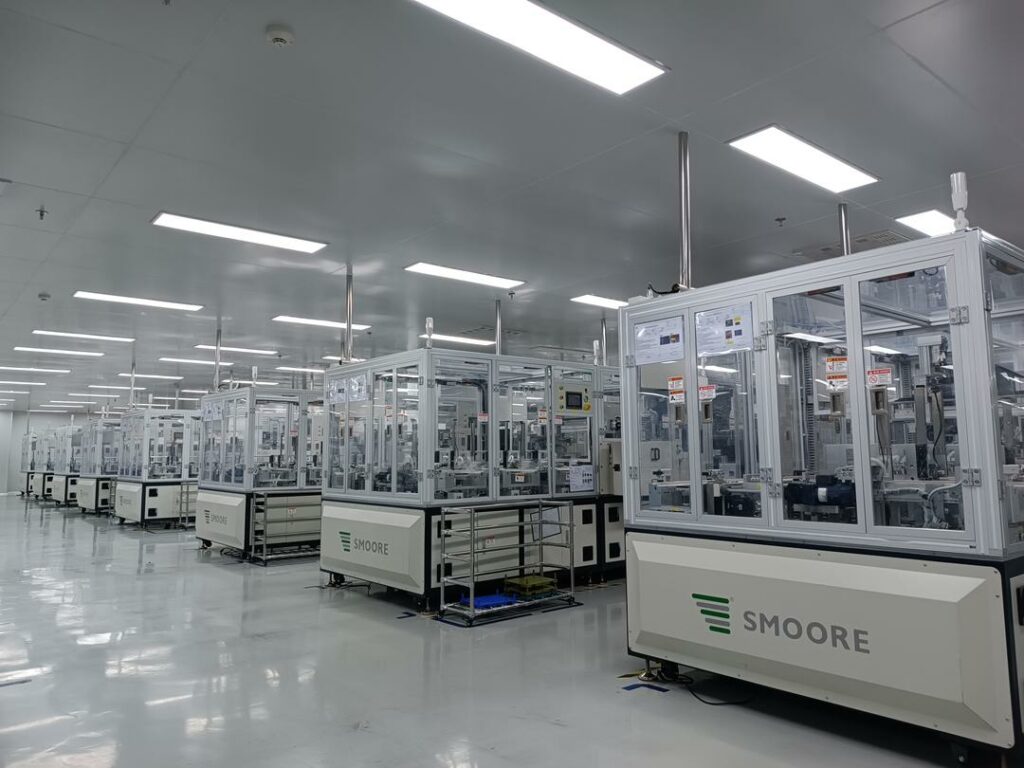
The Yunnan of Indonesia
Having decided on Indonesia, Smoore had to pick a city. Should it be Jakarta, Indonesia’s administrative and financial capital, or perhaps Surabaya, with its large industrial base and busy port? In any event, Smoore chose Malang, the capital of the larger Malang regency in the province of East Java. Though smaller than Jakarta or Surabaya, Malang is strategically located with good connections to the port of Surabaya and other key cities. In addition to reputable universities, the town has a strong tobacco heritage, with leading players such as Sampoerna, Djarum and Bentoel operating in the region. “Malang is the Yunnan of Indonesia,” says Shen, referring to China’s leading tobacco-producing province.
The other consideration that made Malang an appealing choice was the fact that BAT had a piece of land available along with empty buildings that used to house a tobacco factory. This provided Smoore not only with suitable facilities but also placed it in proximity to a prominent customer. BAT’s Bentoel subsidiary continues to manufacture tobacco products on the other side of the road.
The first team from China, which included the project leadership, construction specialists and human resource recruiters, arrived in Malang in November 2021, around the time that the Omicron Covid variant started doing the rounds. While Indonesian pandemic restrictions were less severe than those in China, employees among the first group still had to quarantine in Jakarta for up to 10 days. Shen was luckier. By the time he arrived as part of the second group, Indonesia had relaxed its isolation requirements.
Nurturing Talent
Initially, recruitment appeared to be a challenge. Although Indonesia has a large, well-educated workforce and plenty of experience with tobacco products, Smoore was the first e-cigarette company in the country, and there was no readily available workforce for that segment.
“We found that the people here had good experience in other industries but no idea about e-cigarettes,” says Shen. In addition, getting people to relocate for work proved a harder sell in Indonesia than it is in China. “In China, it’s easy to convince people to leave other cities for job opportunities in Shenzhen,” says Shen. “Pursuading candidates to move from Jakarta or Surabaya to Malang turned out to be more challenging.”
So Smoore decided to set up its own training programs. “We went to the local universities and recruited students who were about to graduate,” says Shen. Then we trained them not just in one department but allowed them to rotate based on their university major and their personal interests and capabilities. After one year of training, we sent them to the appropriate position, whether that be in engineering, quality control or in another department.”
This approach not only creates well-rounded employees but also nurtures a pool of future leaders—an important benefit for a rapidly growing company like Smoore. “For many of our people, Smoore is their first employer; they will be heavily impacted by our culture, and they will grow up very fast,” says Shen. “We believe that, within three [years] to five years, many of them will move into key positions—an opportunity that is not always available in established companies where all the leadership functions have already been filled.”
The investments in people appear to be paying off. When a delegation of senior Smoore officials from Shenzhen visited the Indonesia facility, they asked employees from various departments for honest feedback. According to Shen, 95 percent of respondents indicated that they felt proud and comfortable working for Smoore.
Growing the Pie
Such levels of employee satisfaction bode well as Smoore expands. While the facility across the road from Bentoel currently supplies BAT, the company is keen to serve other customers from Indonesia as well. For that purpose, it has been building a second factory at a different location, which at the time of writing was nearing completion.
By spreading its geographical footprint, Smoore has boosted the resilience of it business. With manufacturing capabilities in both China and Indonesia, the company not only offers security of supply but also allows U.S. customers to avoid costly import duties. Other Chinese e-cigarette companies have taken note, and some have also started exploring the option of setting up shop in Indonesia. For the time being, however, most of Smoore’s competitors are limiting their activities to Bantam, a special economic zone just south of Singapore.
Shen is unconcerned about such actions. “We never worry about competitors because we want to make the industry bigger,” he says. More e-cigarette manufacturing in Indonesia also makes it more interesting for suppliers to establish operations there, which in turn will benefit Smoore. In a testimony to the company’s strategic relationships, three of its Chinese suppliers also came to Indonesia when Smoore set up shop there—but there’s always room for more. “Ultimately, our goal is to grow the pie,” says Shen.
